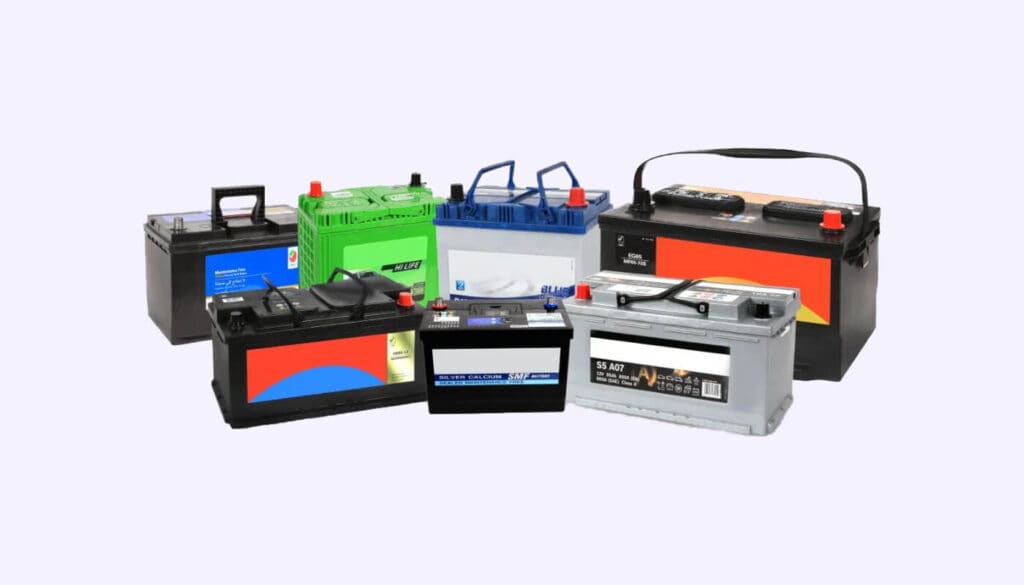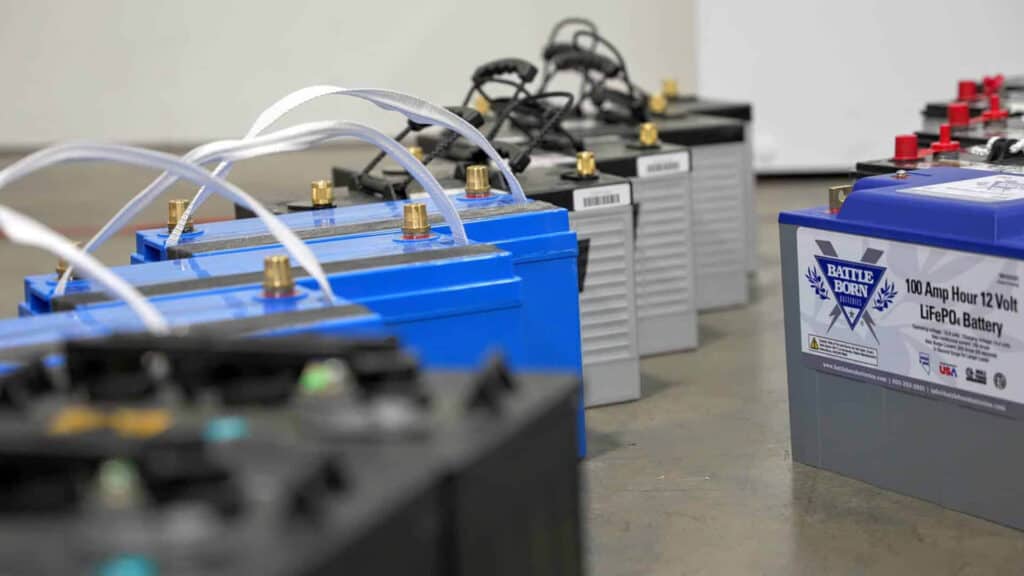Introduction: Navigating the World of Car Batteries
If you’ve ever felt like you’re wading through alphabet soup when trying to understand car batteries, you’re not alone. Terms like AGM, flooded, and lithium-ion might leave you puzzled. But fear not—this guide will demystify the types of car batteries out there, so you can make the most informed choice possible. Because, yes, it does matter what car battery you buy.
Overview of Different Types of Car Batteries
So, what are all the types of car batteries? Essentially, they fall into three broad categories: lead-acid, AGM (Absorbent Glass Mat), and lithium-ion. Lead-acid batteries are the old-school choice and are still widely used. AGM batteries offer better performance and longevity, while lithium-ion batteries are typically found in electric and hybrid vehicles. The key is to find what fits your car’s specific needs.

Most Common vs. Best-Performing: Finding the Right Fit
What is the most common car battery? That would be the flooded lead-acid battery, found in most standard cars. However, the best type of car battery for your vehicle depends on various factors such as climate, driving habits, and power requirements. Sometimes the most common choice isn’t necessarily the best-performing one for your particular needs.
Price vs. Performance: Do You Need the Most Expensive Car Battery?
Ah, the million-dollar (or at least a few hundred-dollar) question: do you need the most expensive car battery? While it’s tempting to equate price with quality, that’s not always the case. Sometimes a mid-range AGM battery may suffice for your needs, offering a good balance between price and performance.
Longevity and Durability: Which Batteries Last the Longest?
When it comes to longevity, AGM batteries often outperform their lead-acid counterparts. So, which car battery lasts the longest?:
• Type Matters: Absorbent Glass Mat (AGM) batteries usually outlast traditional lead-acid batteries. If you’re after longevity, AGM is often the way to go.
• Life Expectancy: AGM batteries can last between 3 to 5 years, depending on usage and maintenance, making them a strong contender when longevity is a priority.
• Usage Scenarios: Longevity can also depend on how you use your car. Vehicles with power-hungry accessories like high-end audio systems might find AGM batteries more durable due to their ability to handle higher electrical loads.
• Maintenance Level: AGM batteries often require less maintenance than lead-acid types, adding to their overall durability and ease-of-use.
• Cost Factor: While AGM batteries may have a higher upfront cost, their longer lifespan often justifies the investment, especially when frequent replacements can add up.
• Climate Impact: Extreme temperatures can affect battery longevity. AGM batteries generally perform better in both hot and cold climates compared to their lead-acid counterparts, making them a more durable choice in varying weather conditions.
Special Circumstances: Choosing a Battery for Infrequently Driven Cars
Having a car that spends more time parked than being driven comes with its own set of challenges, particularly when it comes to choosing the right battery. Lithium-ion batteries tend to be the more favorable option for such special circumstances. These batteries have the advantage of maintaining their charge for extended periods, even without regular driving to keep them topped up.
However, not all lithium-ion batteries are created equal. While they excel in longevity, they are generally more expensive and not universally compatible with all car types. So if you’re considering this option, be sure to consult your vehicle’s manual or a trusted mechanic to ensure it’s the right fit for your car. Despite the higher upfront cost, their ability to hold a charge for long durations might just save you the hassle and additional expense of frequent replacements.

Understanding Quality: Is There Really a Difference in Car Batteries?
Sure, snagging a deal on a budget battery can be tempting, especially when you’re trying to keep costs low. But remember, cheaper batteries often come with a hidden price tag. They typically have lower capacity and a shorter lifespan, which means you could be back in the market for a new battery sooner than you’d like.
Quality is not just a buzzword when it comes to car batteries; it’s an essential factor that affects the overall performance and reliability of your vehicle. High-quality batteries provide consistent power output, endure harsh conditions, and last longer, reducing the overall cost of ownership in the long run. So next time you find yourself questioning the importance of battery quality, consider this: a reliable battery doesn’t just start your car; it keeps your entire electrical system running smoothly. Choose wisely.
Conclusion: Making an Informed Decision: Your Guide to Picking the Perfect Car Battery
You’re no longer in the dark about car batteries. With this knowledge, you can confidently navigate the sea of options available. So, when the time comes to replace that battery, you’ll know exactly what you’re looking for. And if you ever find yourself with car troubles, don’t hesitate to contact Uchaincs, a mobile mechanic company that can resolve your car issues in no time. Ready to book an appointment?
